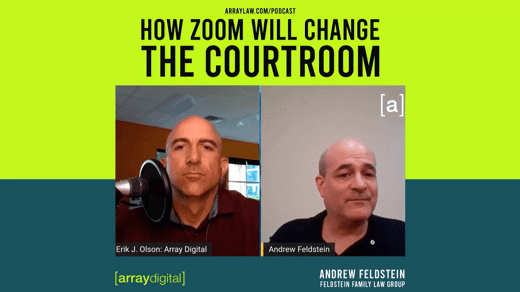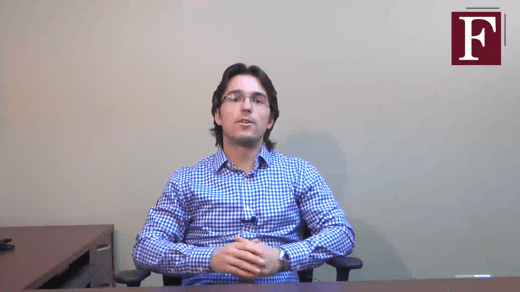Hi, my name is Deleta Grandy, and I am a lawyer at the Feldstein Family Law Group.
Today, I would like to talk to you about a common misconception I often hear from prospective clients who are approaching their retirement: My employer allows me to retire early, and I still plan on doing so.
The reality is that a separation can completely change your retirement plans. Not only is there going to be a division of assets, which, if you own a pension, could involve a reduction in your pension (and therefore, a reduction in your retirement income), but your support obligations may prohibit you from retiring.
If you are a support payor or recipient, the amount of support you pay or receive is based on the current incomes of you and the other party. For many people, particularly those with good pension and retirement benefits, your pension plan or benefits may allow you to retire early, while still receiving a substantial retirement income.
However, if like most Canadians, your retirement income will be substantially less than the income you earned while you were employed, you may not be able to retire. This is because both federal and provincial legislation dictate that a support payor has an obligation to maximize their income. An early retirement is considered a voluntary reduction in income, and as such, you could find yourself still paying support at a higher rate, even though your income has dropped, because the Court has the authority impute you with an income which is on par with your ability to earn.
When considering whether or not someone should be permitted to reduce their income from retirement, the Court will consider your age as one of the factors. Generally speaking, if you are at an age that is standard for retirement, your claim is more likely to be successful than someone who is younger. For example, a 65 year-old would generally have a stronger chance of being able to retire voluntarily than someone who is only 55 years old, as the younger person presumably has many more working years ahead of them for which they would owe a support obligation, and the support recipient should not be denied appropriate support. This is especially true in cases involving child support, as a support payor will generally be required to continue earning employment income while they still have children who are dependents.
The issue of early retirement is also applicable to support recipients. A support recipient cannot reduce their income by way of early retirement, and then seek to have the payor pay an increased amount of support. Recipients also have an obligation to maximize their income.
If you would like more information on how your separation or divorce may impact your retirement plans, please visit our website at www.separation.ca.
If you would like to schedule a free initial consultation to speak with one of our lawyers about your family matter, please call us at 905-581-7222.
Thanks for watching!



